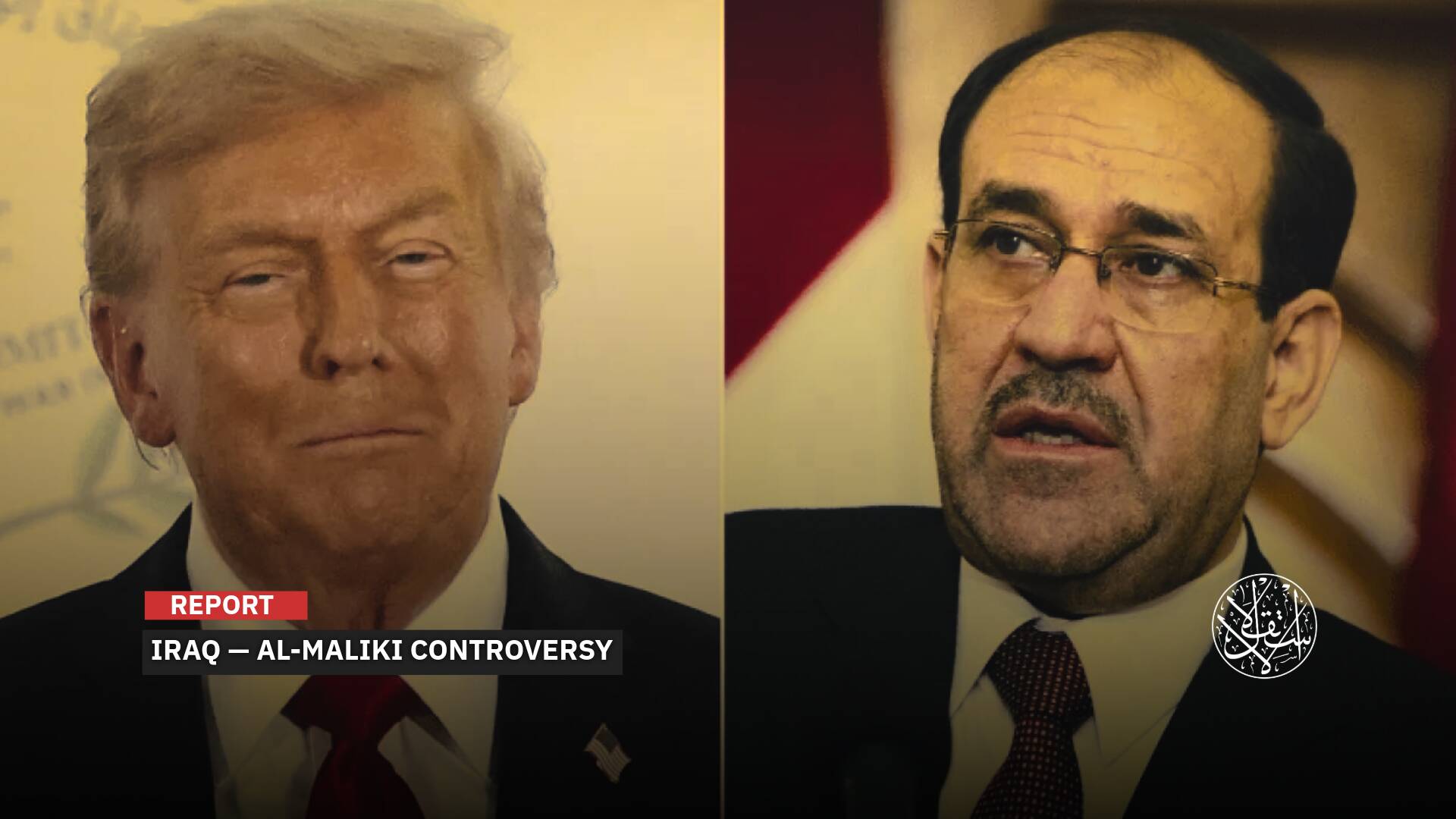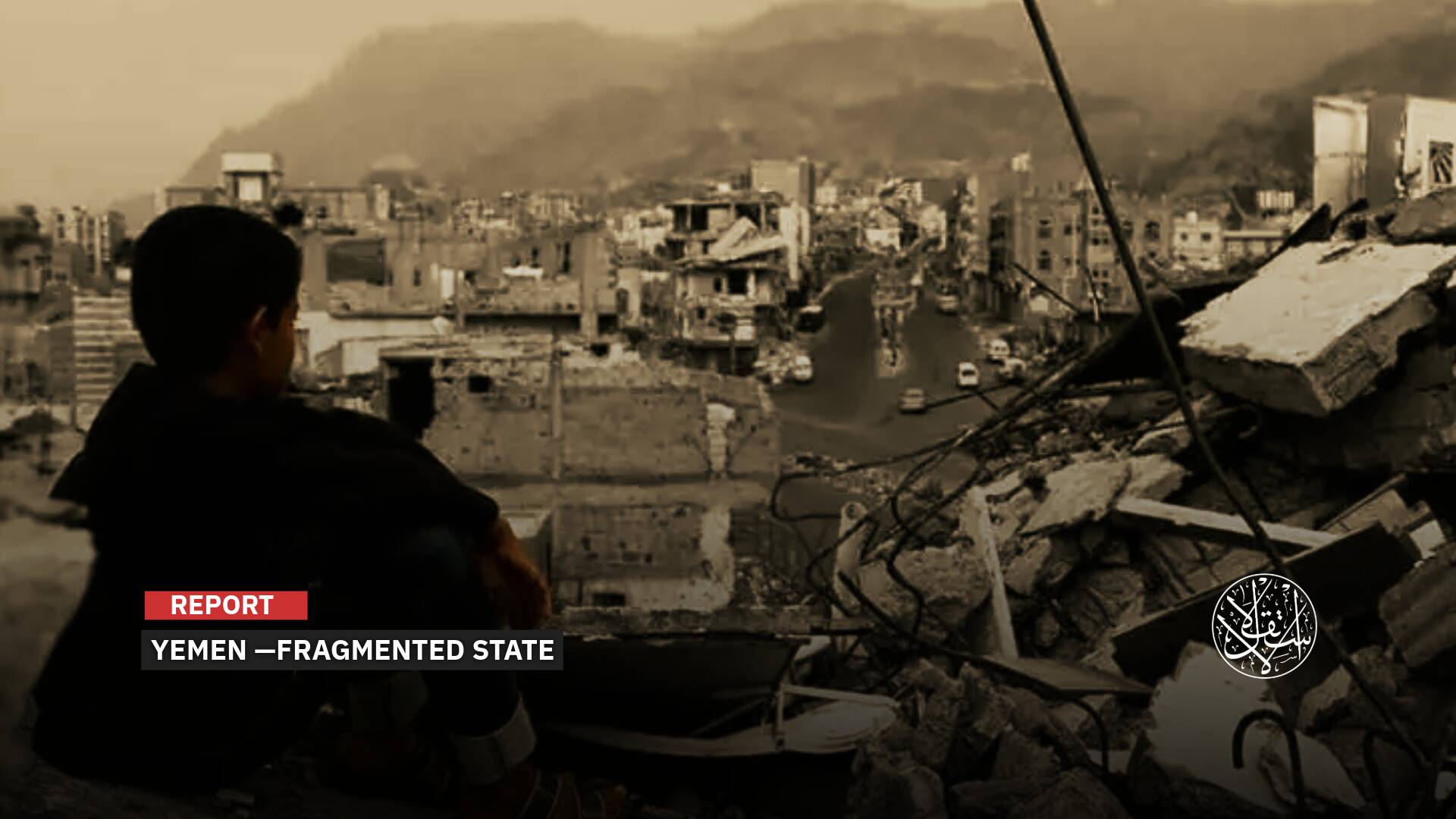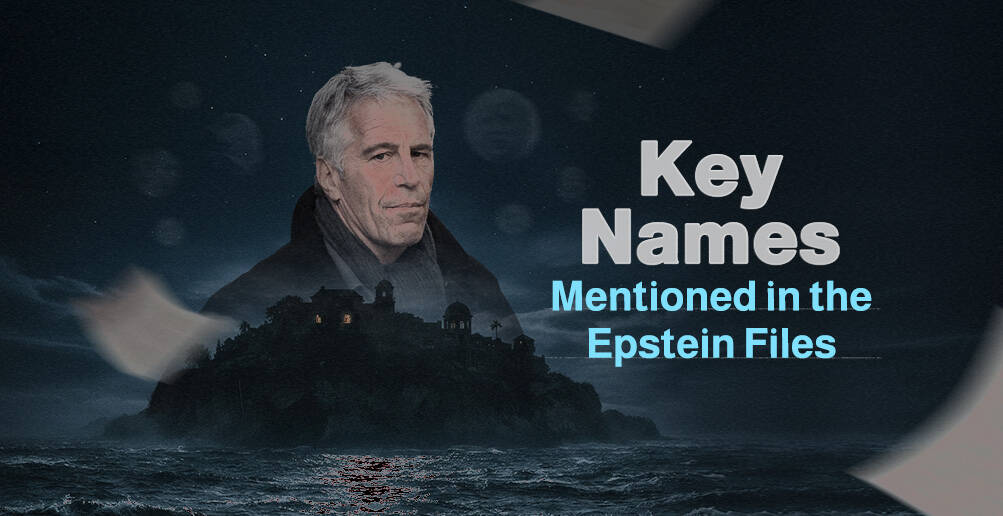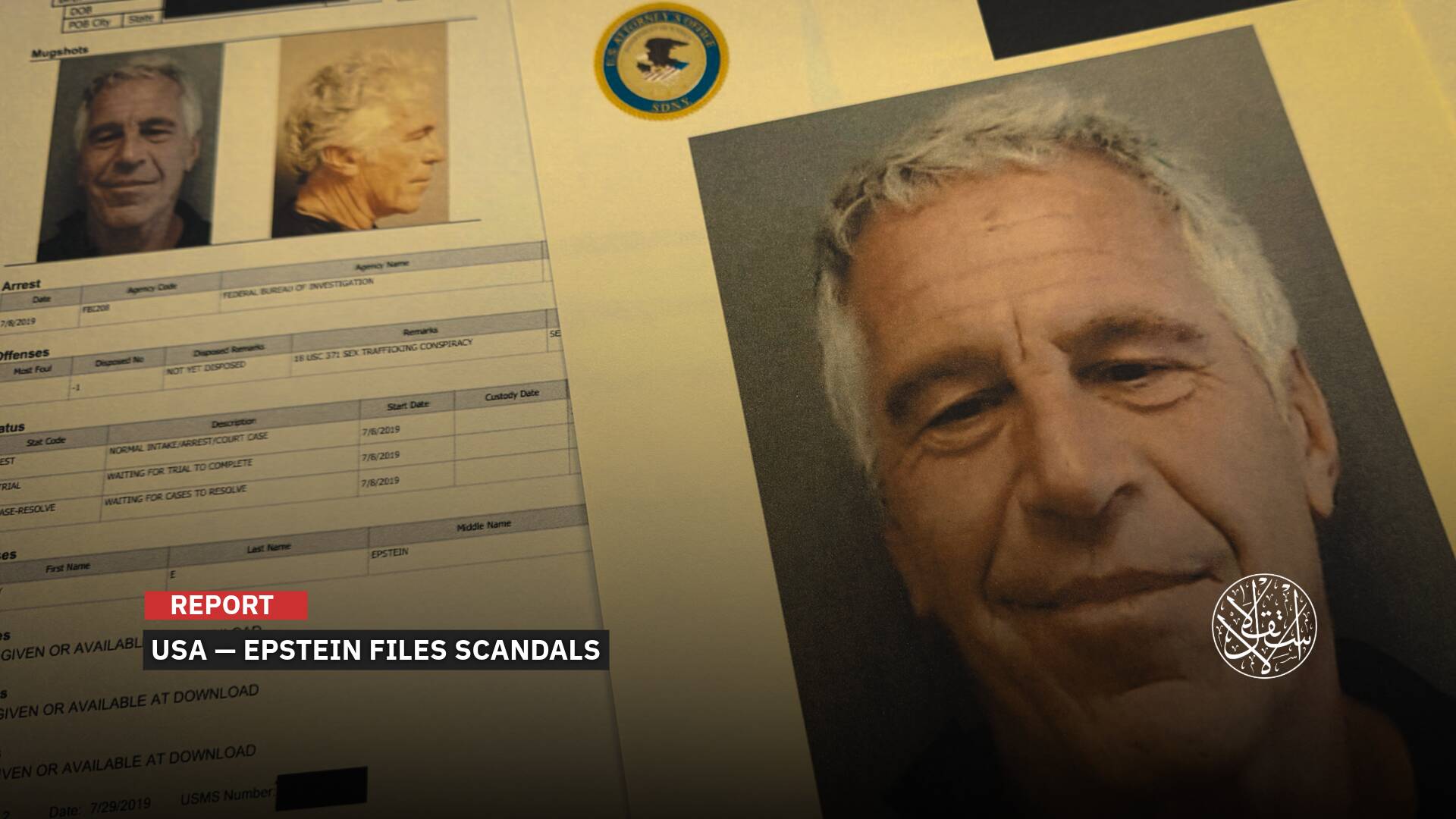How the Ban on Debate of the Gaza War Threatens Schools in Britain

“The war in Gaza has caused a number of incidents in British schools.”
Schools in Britain recently prohibited debate of what is happening in the Gaza Strip between students and teachers under the pretext of not being prepared and adhering to political neutrality regarding controversial issues.
Last March, a dedicated UK teacher of more than 20 years was dismissed for discussing Gaza in response to a pupil's question.
It is noteworthy that the ongoing Israeli war on the Gaza Strip, which led to huge demonstrations in which hundreds of thousands of pro-Palestinian demonstrators participated throughout London and other places, had a noticeable impact on schools and colleges.
Over the past months, Britain has witnessed solidarity activities with Gaza throughout the streets of Britain. Hundreds of thousands, including school and college students, took part in demonstrations in support of the Palestinian cause, rejecting the massacres carried out by the Israeli Occupation against the Palestinians.
Only 44 schools — representing less than 2% of all state secondaries in the UK — taught a GCSE history module in 2023 about the history of the conflict, stretching from the British withdrawal and creation of Israel in 1948 to the Oslo Accords of 1995.
Political Neutrality
The Guardian said that schools in Britain have closed down legitimate debate about the war waged by "Israel" on the Gaza Strip for about half a year.
British schools justified the matter by saying that teachers are not prepared to engage in these debates with students, and they are also concerned about not adhering to political neutrality when talking about what is happening in Gaza.
Ms. Sarah Khan, the government's independent adviser on social cohesion, said if schools continued to shut down debate they risked fueling further anger, hate, and polarization.
She said the conflict, which has prompted huge demonstrations by hundreds of thousands of pro-Palestinian protesters across London and elsewhere, has had a marked impact on schools, where pupils want to talk about events in Gaza.
Days after the publication of her review into threats to social cohesion, Ms. Khan repeated her assertion that teachers were avoiding addressing controversial issues because of fears of being targeted by campaigns of intimidation and harassment.
She also said teachers felt there was too little guidance on teaching controversial issues in personal, social, health, and economic (PSHE) lessons and were worried about a lack of support from the Department for Education (DfE) when difficulties arose.
Her review recommends a cohesion and conflict unit be set up to support teachers who find themselves being threatened. The unit would also provide training resources to support schools on controversial topics.
The war in Gaza has caused a number of incidents in schools. In one case, Barclay Primary School in Leyton, east London, sought help from the Metropolitan police to investigate threats to the school and abuse of staff after its decision to ban political symbols, including the Palestinian flag.
Although many teachers are reluctant to speak out, one secondary school teacher told the Guardian their school was one of the few that had agreed to hold assemblies on the issue and offer a weekly safe space for discussion about the conflict.
Another teacher in an inner-city school said "it was a massive failing on the part of schools. From the word go, we were told this was a political issue and we can't discuss it. If we're not talking about it, it does not mean that the kids are not interested. They know what's going on. They are going online where there's no control over what they are seeing."
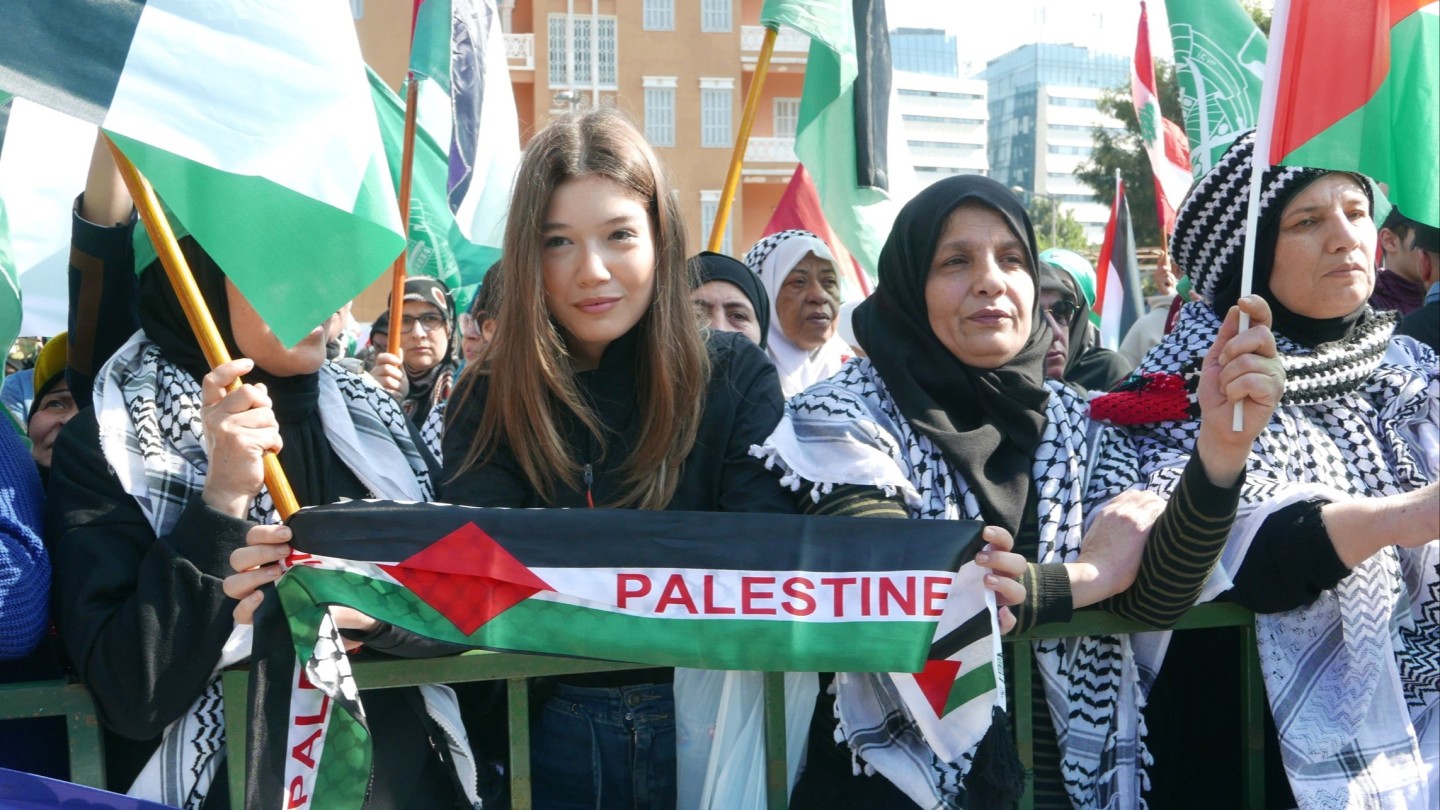
Control Climate
Teachers are set to debate whether Britain's largest education union should circulate material to increase understanding of Palestine and Israel after it was revealed the history of the conflict is taught in fewer than one in 50 UK schools.
Delegates at the National Education Union (NEU) annual conference in Bournemouth this week are due to vote on whether the union should support the Palestine Solidarity Campaign (PSC).
The motion, which delegates will discuss at the gathering in Bournemouth next week, calls on the executive to publish and circulate educational resources that members can use to increase understanding of Palestine and "Israel."
The motion says: "The UK Government must stop being an enabler of Israel's apartheid policies, violence and anti-Palestinian racism."
It suggests it is trying to criminalize peaceful tactics of boycott, divestment, and sanctions promoted by the global Palestine solidarity movement.
The motion calls on the union's executive to reaffirm its support for PSC and Stop the War Coalition and back campaigning to defend the right to pursue boycott, divestment and sanctions tactics.
Daniel Kebede, General-Secretary of the National Education Union (NEU), said teachers are very nervous about having such discussions around such difficult subjects in school at the moment.
"It's a very sensitive issue. Very difficult. In our union, we've been very clear that we absolutely condemn the attack from Hamas and the taking of hostages. But there was a real humanitarian disaster, and young people wanted to talk about it," he said.
"Schools are the best place for young people to talk about difficult subjects, but I think there is a nervousness among the profession," Kebede added.
A representative of the Department for Education said: "It is important that children are taught about global events and schools offer this opportunity in a safe and controlled environment.
"We know navigating the conflict can be challenging for teachers, and this is why the Education Secretary wrote to schools to provide advice on how to discuss the Israel–Hamas conflict in the classroom," he added.
"We have also published resources and lesson plans on our Educate Against Hate website to complement existing guidance on impartiality," he said.
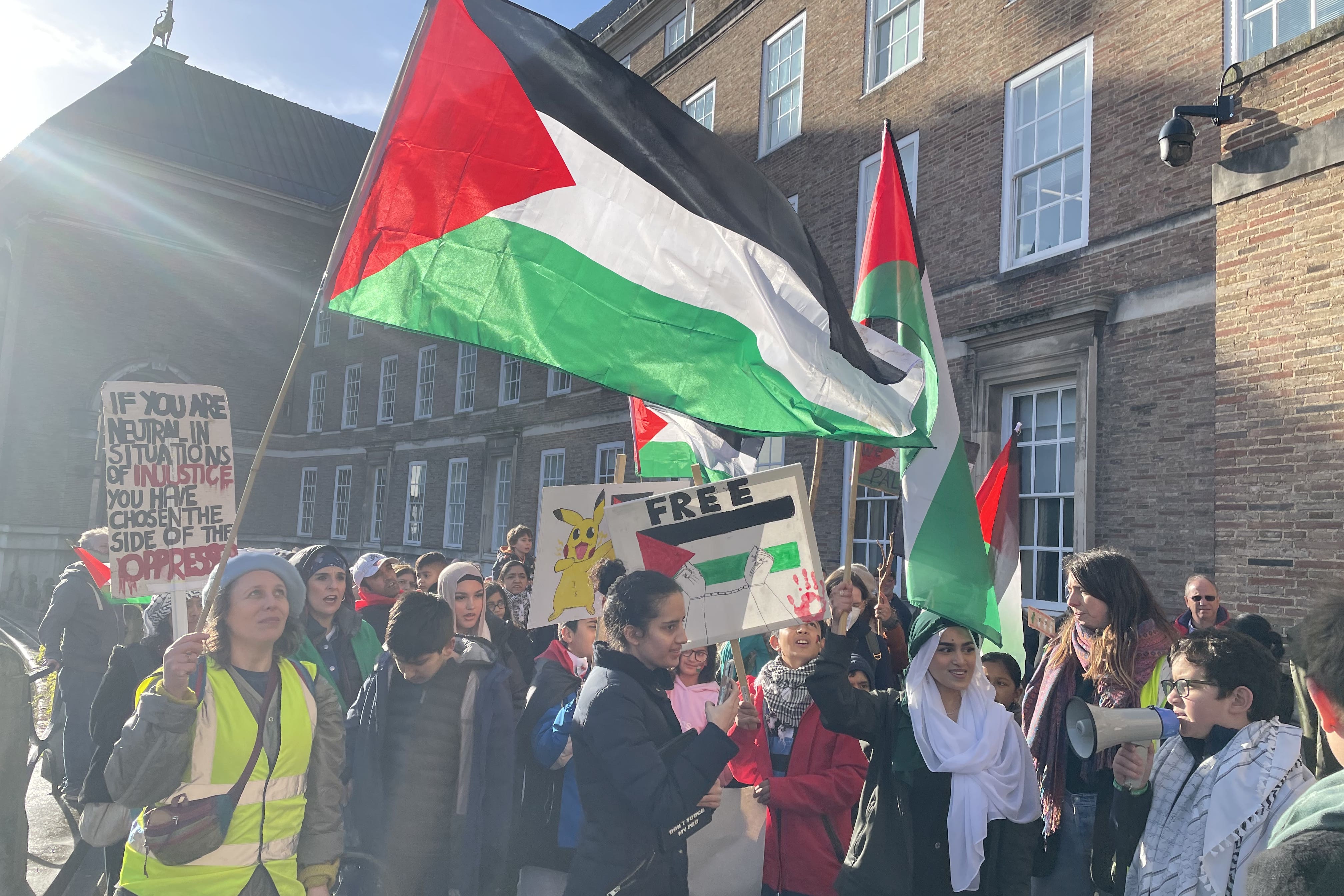
Shocking Effect
The British authorities had issued instructions to the London Police to increase intelligence-gathering activities in the capital's schools, coinciding with the increase in solidarity with Gaza in the face of the Israeli aggression against Gaza that has continued since last October 7.
The Met Police said that it had increased the activities of its officers in schools to maintain the safety of students, improve confidence in the police, and deter them from criminal activity, according to its claim.
On the other hand, Community activist Stafford Scott warned that these actions could lead to stereotyping and criminalization of students, especially those belonging to minorities.
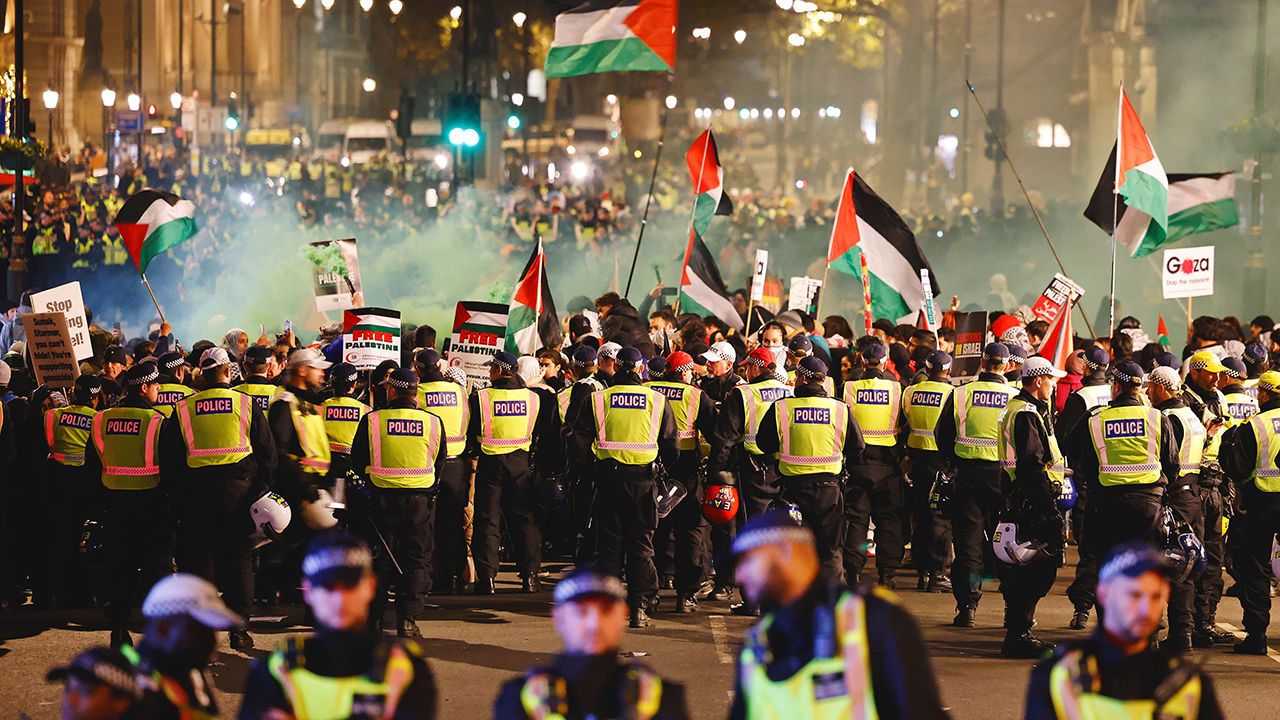
Frank Edwards, former librarian at London Borough of Croydon, said that the challenges that many teachers face in dealing with Gaza in their classrooms demonstrate the downgrading of history in the school curriculum.
"History is always open for interpretation, but it can provide a fact basis for informed debate. Thousands of years lie behind the Gaza conflict. The diaspora, the promises made by Britain to the Arabs in the First World War, the Balfour Declaration, the western division of the Middle East to protect oil, the Holocaust, the British protectorate of Palestine and its overthrow to create the state of Israel," he added.
"These and countless other historical facts make the Gaza tragedy inevitable. Learn them, and you may begin to understand," Edwards said.



